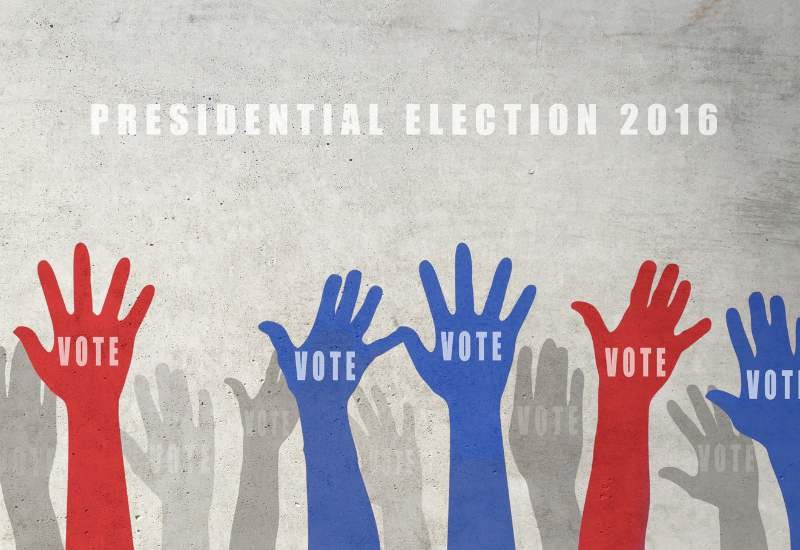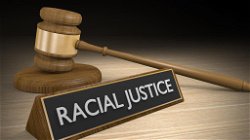US Presidential Election: Eligibility, Issues & Impact
Swati Mandana
. 2 min read
The United States Presidential Election is held on the first Tuesday in November of even-numbered years, every four years. In order to be considered eligible, a candidate needs to be at least 35 years old, born in the United States, and have resided in the United States for the preceding 14 years. It is customary for individuals interested in running for president to publicly declare their intention to do so one year prior to the actual election. As the primary elections and caucuses approach, developers continue to play an essential role. They develop and maintain systems that facilitate the voting process, whether it's through traditional polling stations or online voting mechanisms.

Determining Presidential Candidate Eligibility
Following the results of the general election in November, the process of electing members of the Electoral College is overseen by the OFR at the NARA. The Office of the Federal Register does not have the authority to handle matters pertaining to the general election, such as the qualifications required of candidates. People who are interested in this topic might find it helpful to get in touch with the election officials in their state or their representatives in Congress.
Concerning the Upcoming Election in 2020, Important Issues
Despite the fact that the United States is currently in the midst of a recession, nearly eight in ten registered voters (79%) say the economy will be very important to them in making their decision about who to vote for in the 2020 presidential election. This makes the economy the most important issue out of the 12 that were included in the survey. The economy was also ranked as the most important voting issue in a survey that was conducted in June of 2016.
A Look at Various Factors that can Away Voters in Presidential Elections
The history of a voter is the single most important factor in determining that voter's choice. The voter's social identity, including their economic class, ethnicity, gender, race, and religious preference, are all considered part of the voter's background. During a campaign, a candidate will frequently use a motif that conveys sameness in order to purposefully tailor campaign messages to specific voters.
Why Education could play a Crucial Role in the Election of 2020
Education is not typically regarded as a top-tier issue in presidential elections by political operatives and commentators. The issue is frequently overshadowed by other matters, such as defense, security, climate change, health care, Social Security, and economic affairs, where the president is the clear leader and decisionmaker. On the other hand, education has traditionally been regarded as a matter between the state and the community.
Voting in United States: An Analysis of Presidential Election of 2016
The Voting and Registration Supplement has been an integral part of the Current Population Survey that is carried out by the United States Census Bureau every ten years since 1964. Along with a data file for public use, the Census Bureau has today released a variety of tabulations and data products related to the presidential election that took place in November of 2016.
Role of Social Media in the Election Process
In recent years, astute political figures have frequently exploited new media in order to exert their influence. The use of radio by Franklin D. Roosevelt and television by John F. Kennedy helped bridge the communication gap between politicians and the general public, which led to great success for both of their political campaigns. The impact of social media on political campaigns became more noticeable in the early 2000s.
Conclusion
In conclusion, the United States Presidential Election is held every four years on the first Tuesday of November. Eligibility to run for president requires the candidate to be at least 35 years old, a natural-born citizen of the United States, and have lived in the United States for at least 14 years. Social media has also become a crucial factor in the election process, with politicians leveraging its reach to connect with the public. Ultimately, the presidential election serves as a critical moment for Americans to make their voices heard and shape the future of their country.
More Stories from
Top Items You Should Never Flush Down the Toilet
This article provides a comprehensive guide on items that should never be flushed down the toilet.
Best Kitchen Must Have Gadgets For Every Home in 2023
This article highlights the latest and coolest kitchen gadgets that are designed to make cooking easier and more enjoyable.
The Enchanting Rhododendron: Himachal Pradesh's State Flower
Discover the captivating Rhododendron, the state flower of Himachal Pradesh, India. This vibrant evergreen shrub, native to the Himalayas, paints the landscape with breathtaking colors each spring.
Exploring the Uncharted: Speculative Insights into the World Beyond 2021
This article provides a brief overview of potential geopolitical shifts, technological advancements, environmental concerns, health challenges, economic developments.
Racial Justice and Inclusivity: Promoting Equality in Society
Explore the vital journey towards racial justice and inclusivity as we uncover the challenges faced by marginalized communities and the transformative power of inclusivity.











.png?width=40&aspect_ratio=1:1)

.png?width=40&aspect_ratio=1:1)